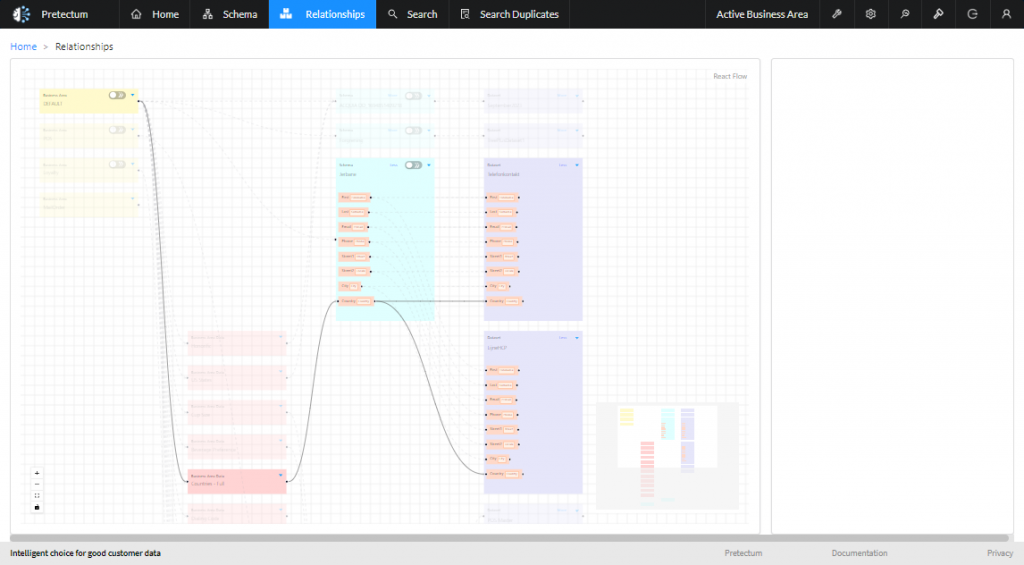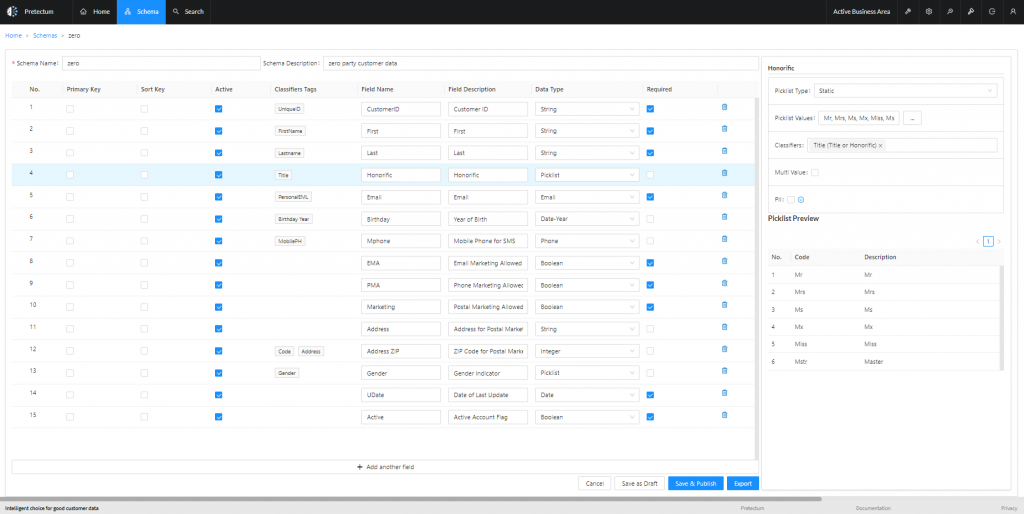In a September 2023 article titled “B2B Customer Dynamics: The Weather Ahead,” authored by Lara Koslow, Claudia Ojeda, Nick Zwemer, and Greg McRoskey. Boston Consulting Group (BCG) discusses the findings of a survey conducted among small and medium-sized businesses (SMBs) in France, Germany, the UK, and the US, focusing on their perspectives on the economy and their business decisions for the next 12 months.
Despite concerns about a recession and global economic challenges, SMBs express optimism about the next 12 months, larger SMBs, US-based SMBs, and those in finance, energy, and technology industries are particularly optimistic.
Most SMBs plan to either increase or maintain their current spending levels with larger SMBs and those in Germany showing the highest net increase in planned spending; investments in hot topics like AI, generative AI (GenAI), and sustainability are particularly more common among the larger SMBs.
Despite the levels of optimism, SMBs are preparing for economic uncertainties by planning cost-cutting measures with respondents from 89% of all the SMBs stating that their organizations plan to cut costs in the next 12 months.
In France, the energy sector, and larger companies with revenues of $10 million or more show the highest anticipated cost-cutting.
SMBs generally consider multiple vendors for purchases, with the number of vendors increasing with the size of the purchase and price is a key factor for choosing a vendor, but larger SMBs prioritize reputation, service, and availability over price.
Owners and C-suite executives are actively involved in decision-making, even in larger SMBs and while remote meetings are preferred by many, physical visits remain the most influential sales and marketing touchpoints. Recommendations and digital self-serve options are also influential in decision-making.
SMBs are admittedly cutting costs but looking to spend more strategically, preparing for an uncertain future and BCG recommends vendors focus on in-person interactions, recommendations, and delivering a seamless digital experience to engage SMBs effectively. The article also goes on to provide insights into the current sentiments and strategies of SMBs, offering valuable information for businesses looking to understand and navigate the evolving B2B landscape.
Pretectum’s Take
Many SMBs feel that they cannot develop robust master data management (MDM) practices due to limitations in budget and resources.
However, with the importance placed on business intelligence adoption and optimization, some companies focus on front-end applications and neglect developing a strong data infrastructure.
The combination of master data management and business intelligence is becoming essential for organizations aiming to increase efficiencies and interactions with customers, partners, suppliers, and the like. Providing “value add” will continue to be what separates the market leaders from the laggards.
Until recently, master data management was treated as a series of independent initiatives to manage company entities such as customer, product, or supplier.
Now, more holistic approaches to data management are being used to provide adequate management of information across multiple business entities.

By combining multiple data sources to get a broad view of information, organizations can give customers a higher level and more positive customer experience by providing better service, quicker product/service time to delivery, etc.
CMDM not only automates aspects of data workload management, resulting in efficiency gains, but it also aids in the elimination of silos across data systems, the centralization of data governance practices, and the improvement of overall data quality
SMBs often recognize the value of robust customer master data management practices. These practices not only enhance operational efficiency but also significantly improve the customer experience.
Consumer master data practices of SMBs should reflect the optimism about the next 12 months but are also be prepared for economic uncertainties. This duality suggests that consumer master data should be adaptable to the changing business landscape.

SMBs, particularly larger ones, are more likely to invest in hot topics like AI, GenAI, and sustainability, this plays nicely into the consumer master data space and should result in the capture and analyze the preferences and behaviors of these businesses to tailor consumer marketing strategies that align with their interests. A perfect sweet spot for enhanced customer master data management.
Given that 89% of SMBs are planning to cut costs, consumer master data should help identify cost-effective solutions and pricing models that resonate with the budget constraints of SMBs, especially those in France, the energy sector, and larger enterprises.
With over one-third of respondents citing digital self-serve as a preferred form of engagement, consumer master data should highlight the importance of delivering an intuitive and seamless digital CX. This includes user-friendly interfaces, personalized content, and efficient self-service options.
Larger SMBs prioritize reputation, service, and availability over price. Consumer master data should equally emphasize the importance of building a positive reputation and delivering exceptional service to appeal to these businesses. Consistent personalization is one of the best ways to drive reputation management.


